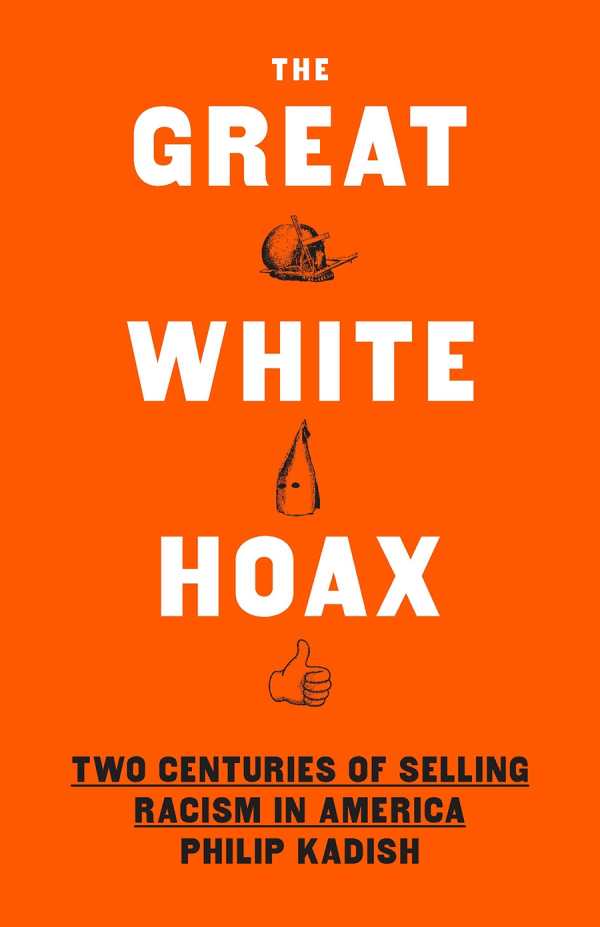The Great White Hoax
Two Centuries of Selling Racism in America
Philip Kadish’s The Great White Hoax is a fresh history of American racial discourse centered on the cynical ways in which fraudulent narratives and outright hoaxes have manipulated public perceptions of race.
Told through a series of profiles, the book argues that American racial and class-based divisions are upheld through predictable patterns in storycraft. It shows how those with vested political interests fabricate sensational stories in order to create public outcry against vulnerable demographics and appropriate the “respectability” of objective sciences like statistics and craniometry in order to lend false credibility to otherwise shoddy or prejudiced research. These forces, the book reveals, shaped public prejudices from the very beginnings of the American popular press, even as social dynamics underwent dramatic changes.
Ranging examples illustrate the breadth of these patterns across time. They include a cynical anti-Chinese hoax intended to derail James Garfield’s presidential campaign, an anti-Catholic yarn about a murderous nunnery, and the manifold ways that “sciences” were used to malign and dehumanize Black Americans. Indeed, the book is comprehensive in showing how hoaxes uphold social castes and shape public prejudices. Each example is supported by a web of historical perspectives and contemporaneous developments, resulting in depth and continuity between disparate case studies. Some individual pairings don’t blend into an easy analysis: One chapter compares populist Henry Ford’s promotion of the antisemitic forgery Protocols of the Elders of Zion with the upper-crust proponents of the early eugenics movement. But this is more than compensated for in each chapter’s stellar documentary research and clear-sighted connections across various contexts.
Revelatory and disturbing by turns, The Great White Hoax is a history of how American power brokers across three centuries created and encouraged flawed narratives about race.
Reviewed by
Isaac Randel
Disclosure: This article is not an endorsement, but a review. The publisher of this book provided free copies of the book to have their book reviewed by a professional reviewer. No fee was paid by the publisher for this review. Foreword Reviews only recommends books that we love. Foreword Magazine, Inc. is disclosing this in accordance with the Federal Trade Commission’s 16 CFR, Part 255.

